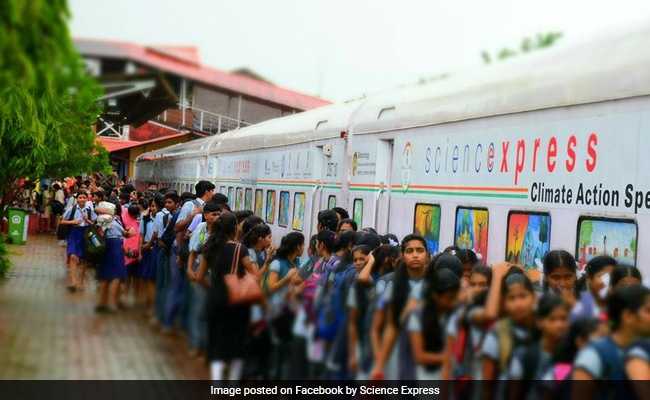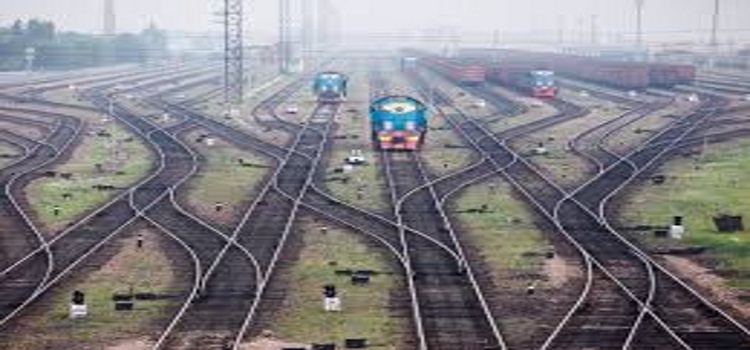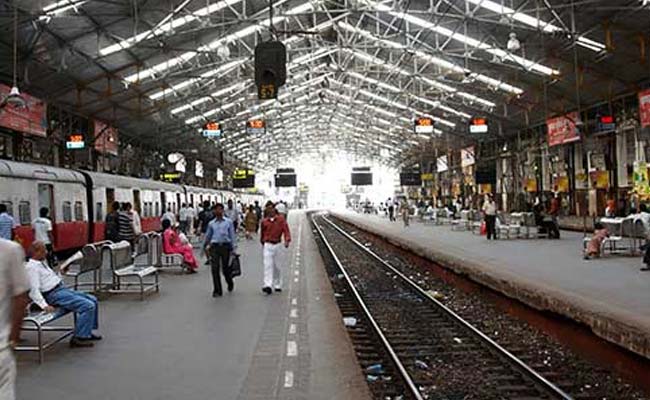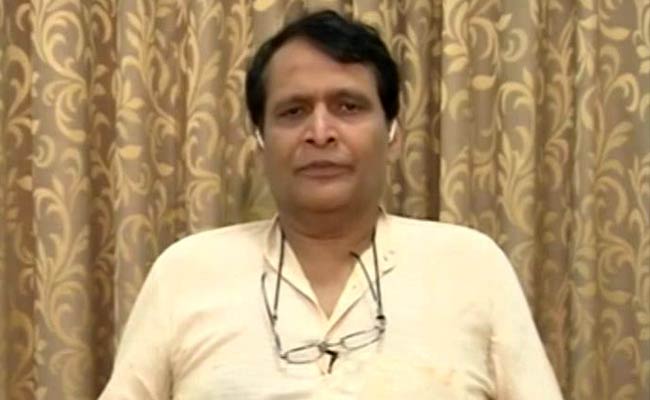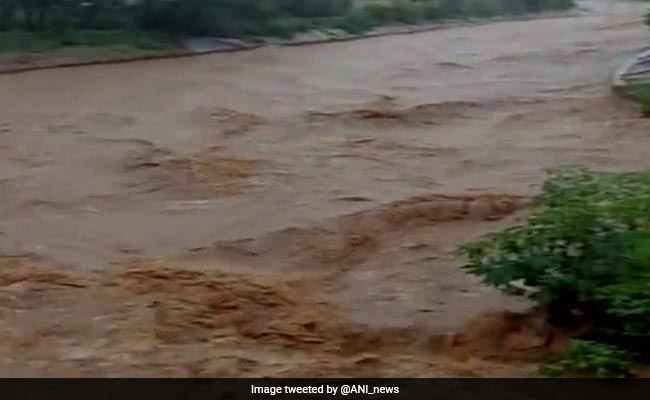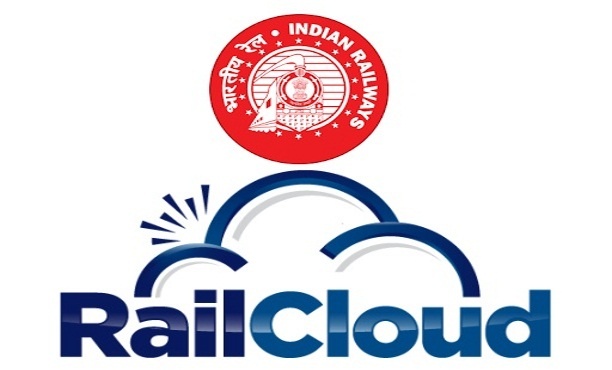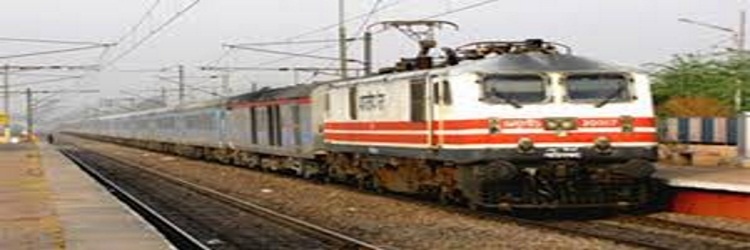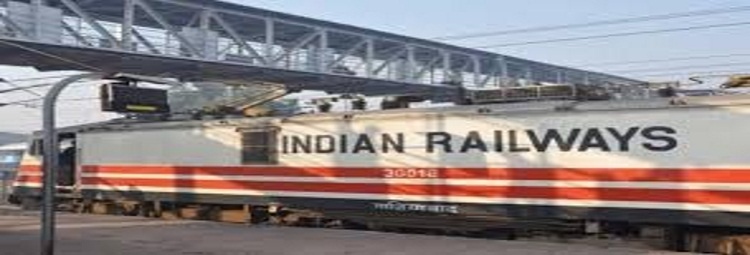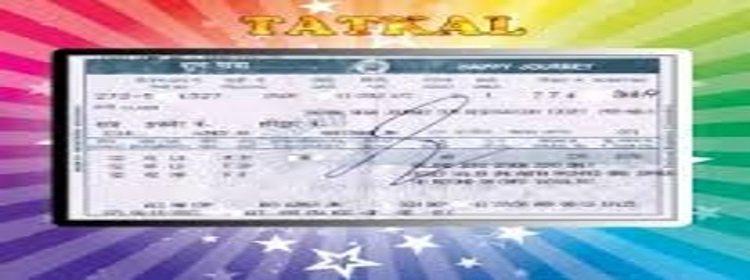
IRCTC through its website offers online Tatkal reservation facility for the benefit of passengers. Tatkal facility helps passengers plan their journey at the last moment. Under the Tatkal online booking facility, customers can go to IRCTC website and book tickets on ‘first come first served’ basis by paying Tatkal charges. After reports on social media and some websites that Tatkal booking and cancellation rules will change from July 1, 2017, Indian Railways has issued a clarification, saying that there has been no changes. “It has been noticed that a news item is in circulation in various social media platforms, WhatsApp groups, and some websites which mentions that Indian Railways is introducing several changes and new facilities with effect from 1st July, 2017. This news is totally incorrect and baseless,” the Railways said in a statement on June 30.
In this context, the Railways also reiterated the existing Tatkal reservation and cancellation rules.
The booking timings for Tatkal tickets were changed in 2015 with booking for AC classes opening at 10:00 AM and for Non-AC classes at 11:00 AM (one day in advance of actual date of journey excluding date of journey). There has no change in these timings and the same arrangement is continuing, the Railways said.
Again, there is no change in the refund rules of Tatkal tickets, the Railways said. Under the existing rule, no refund is granted on cancellation of confirmed Tatkal tickets/duplicate Tatkal tickets. This rule continues to be in operation.
Here are other things to know about the Tatkal reservation rules:
A maximum of four passengers per PNR can be booked on Tatkal e-tickets.
Tatkal charges per passenger are in addition to normal tickets.
Premium Tatkal Facility: From October 2014, in select trains, a premium tatkal facility was introduced and tickets are sold on dynamic pricing. Fares go up depending on percentage of berths sold subject to a maximum cap.
No concession is allowed in Tatkal booking.
Modification of ticket in any form is not permitted in Tatkal ticket.
The Tatkal charges have been fixed as a percentage of fare at the rate of 10 per cent of basic fare for second class and 30 per cent of basic fare for all other classes subject to minimum and maximum as given here below, according to the IRCTC website.
.
| Class of Travel | Minimum Tatkal charges (in Rs.) | Maximum Tatkal charges (in Rs.) | Minimum distance for charge (in km) |
| Second (sitting) | 10 | 15 | 100 |
| Sleeper | 100 | 200 | 500 |
| AC Chair Car | 125 | 225 | 250 |
| AC 3 Tier | 300 | 400 | 500 |
| AC 2 Tier | 400 | 500 | 500 |
| Executive | 400 | 500 | 250 |


